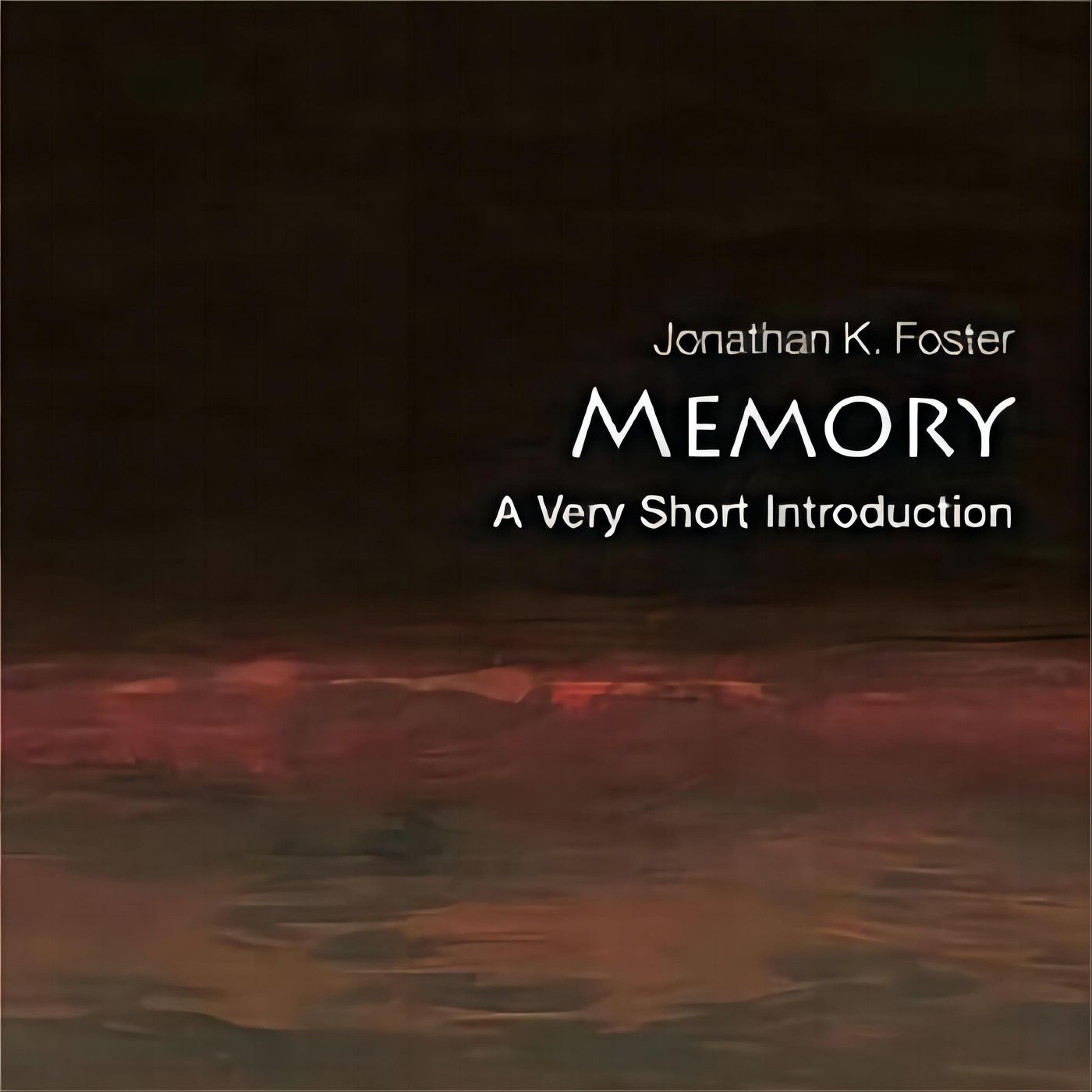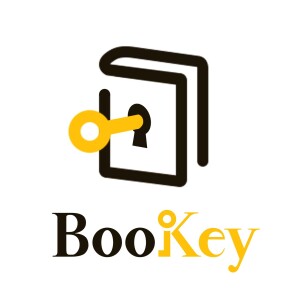
Unlocking the Secrets of Book Memory: A Journey with Jonathan K. Foster
 2024-04-19
2024-04-19
Download
Right click and do "save link as"
Chapter 1:Summary of Book Memory
"Memory" by Jonathan K. Foster is a book that explores the concept of memory and its impact on our lives. The book delves into the science behind memory, including how memories are formed and stored in the brain. It also examines the ways in which memory can be manipulated, distorted, and even lost.
Through a series of case studies and real-life examples, the author demonstrates the power of memory and its role in shaping our identities, relationships, and perceptions of the world. The book also explores the potential implications of memory loss and disorders, as well as the ethical considerations surrounding memory manipulation.
Overall, "Memory" is a thought-provoking exploration of the complexities of memory and its profound influence on our lives. It offers valuable insights into how memory shapes our sense of self and our understanding of the world around us.
Chapter 2:the meaning of Book Memory
"Book Memory" by Jonathan K. Foster is a deeply introspective poem that explores the power of literature to shape our memories and identities. The speaker reflects on how books have influenced their thoughts and beliefs, shaping their understanding of themselves and the world around them.
The poem suggests that books can become a repository of memories, holding within their pages the moments and experiences that have shaped us.
Ultimately, "Book Memory" celebrates the transformative power of reading, suggesting that through books we can not only connect to the past but also imagine new possibilities for the future.
Chapter 3:Book Memory chapters
Although "Memory" by Jonathan K. Foster is a self-published book and does not have officially designated chapters, the content can be broken down into a general summary:
1.Introduction to Memory: The book begins by discussing the importance of memory in our daily lives and how memory works. It explores the different types of memory, such as short-term and long-term memory, and the processes involved in encoding, storing, and retrieving information.
2. Improve Your Memory: The book provides practical tips and techniques to improve memory, including mnemonic devices, visualization, and active recall. It also discusses the role of sleep, exercise, and nutrition in memory function.
3. Memory Challenges: The book delves into common memory challenges, such as forgetting names, misplacing objects, and difficulty remembering information. It offers strategies to overcome these challenges and enhance memory retention.
4. Memory Disorders: The book addresses memory disorders, such as Alzheimer's disease and dementia, and how they affect memory function. It provides information on treatment options and support for individuals and families affected by memory disorders.
5. Memory and Aging: The book explores how memory changes with age and offers tips for maintaining cognitive function as we get older. It discusses the importance of mental stimulation, social interaction, and healthy lifestyle habits in preserving memory.
6. Conclusion: The book concludes with a summary of key points and emphasizes the importance of taking care of our memory through proactive measures and lifestyle choices.
Overall, "Memory" by Jonathan K. Foster is a comprehensive guide to understanding and improving memory function, addressing common challenges, and promoting healthy memory habits for a fulfilling life.
Chapter 4: Quotes From Book Memory
1."Memory is a tricky thing. It can deceive us and betray us, but it can also guide us and provide us with comfort in times of need."
2. "Our memories are like a patchwork quilt, stitched together with the threads of our experiences and emotions."
3. "In the end, all we have are our memories. They are the only thing that we can truly call our own."
4. "Memory is a window to the past, a way for us to relive and learn from our experiences."
5. "Some memories are like old friends, always there to provide us with comfort and reassurance."
6. "Memory is a precious gift, one that we should cherish and protect at all costs."
7. "Our memories define who we are, shaping our thoughts, actions, and perceptions of the world."
8. "Sometimes, our memories can be painful, reminding us of past traumas and heartaches. But they also provide us with the strength to overcome them."
9. "Memory is a powerful tool, one that can help us navigate the complexities of life and make sense of the world around us."
10. "In the tapestry of life, our memories are the threads that bind us together, weaving a story that is uniquely ours."
view more
"Memory" by Jonathan K. Foster is a book that explores the concept of memory and its impact on our lives. The book delves into the science behind memory, including how memories are formed and stored in the brain. It also examines the ways in which memory can be manipulated, distorted, and even lost.
Through a series of case studies and real-life examples, the author demonstrates the power of memory and its role in shaping our identities, relationships, and perceptions of the world. The book also explores the potential implications of memory loss and disorders, as well as the ethical considerations surrounding memory manipulation.
Overall, "Memory" is a thought-provoking exploration of the complexities of memory and its profound influence on our lives. It offers valuable insights into how memory shapes our sense of self and our understanding of the world around us.
Chapter 2:the meaning of Book Memory
"Book Memory" by Jonathan K. Foster is a deeply introspective poem that explores the power of literature to shape our memories and identities. The speaker reflects on how books have influenced their thoughts and beliefs, shaping their understanding of themselves and the world around them.
The poem suggests that books can become a repository of memories, holding within their pages the moments and experiences that have shaped us.
Ultimately, "Book Memory" celebrates the transformative power of reading, suggesting that through books we can not only connect to the past but also imagine new possibilities for the future.
Chapter 3:Book Memory chapters
Although "Memory" by Jonathan K. Foster is a self-published book and does not have officially designated chapters, the content can be broken down into a general summary:
1.Introduction to Memory: The book begins by discussing the importance of memory in our daily lives and how memory works. It explores the different types of memory, such as short-term and long-term memory, and the processes involved in encoding, storing, and retrieving information.
2. Improve Your Memory: The book provides practical tips and techniques to improve memory, including mnemonic devices, visualization, and active recall. It also discusses the role of sleep, exercise, and nutrition in memory function.
3. Memory Challenges: The book delves into common memory challenges, such as forgetting names, misplacing objects, and difficulty remembering information. It offers strategies to overcome these challenges and enhance memory retention.
4. Memory Disorders: The book addresses memory disorders, such as Alzheimer's disease and dementia, and how they affect memory function. It provides information on treatment options and support for individuals and families affected by memory disorders.
5. Memory and Aging: The book explores how memory changes with age and offers tips for maintaining cognitive function as we get older. It discusses the importance of mental stimulation, social interaction, and healthy lifestyle habits in preserving memory.
6. Conclusion: The book concludes with a summary of key points and emphasizes the importance of taking care of our memory through proactive measures and lifestyle choices.
Overall, "Memory" by Jonathan K. Foster is a comprehensive guide to understanding and improving memory function, addressing common challenges, and promoting healthy memory habits for a fulfilling life.
Chapter 4: Quotes From Book Memory
1."Memory is a tricky thing. It can deceive us and betray us, but it can also guide us and provide us with comfort in times of need."
2. "Our memories are like a patchwork quilt, stitched together with the threads of our experiences and emotions."
3. "In the end, all we have are our memories. They are the only thing that we can truly call our own."
4. "Memory is a window to the past, a way for us to relive and learn from our experiences."
5. "Some memories are like old friends, always there to provide us with comfort and reassurance."
6. "Memory is a precious gift, one that we should cherish and protect at all costs."
7. "Our memories define who we are, shaping our thoughts, actions, and perceptions of the world."
8. "Sometimes, our memories can be painful, reminding us of past traumas and heartaches. But they also provide us with the strength to overcome them."
9. "Memory is a powerful tool, one that can help us navigate the complexities of life and make sense of the world around us."
10. "In the tapestry of life, our memories are the threads that bind us together, weaving a story that is uniquely ours."
More Episodes
The Dark Mysteries of Ninth House
 2024-07-05
2024-07-05
 2024-07-05
2024-07-05
The Curmudgeon Next Door: A Man Called Ove
 2024-07-04
2024-07-04
 2024-07-04
2024-07-04
Finding Her Voice: Every Last Word
 2024-06-26
2024-06-26
 2024-06-26
2024-06-26
012345678910111213141516171819
Create your
podcast in
minutes
- Full-featured podcast site
- Unlimited storage and bandwidth
- Comprehensive podcast stats
- Distribute to Apple Podcasts, Spotify, and more
- Make money with your podcast
It is Free
- Privacy Policy
- Cookie Policy
- Terms of Use
- Consent Preferences
- Copyright © 2015-2024 Podbean.com





